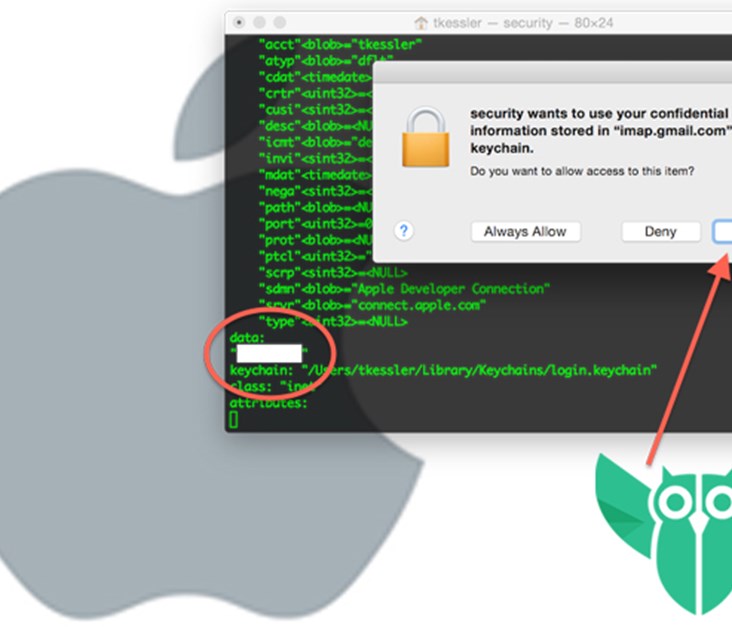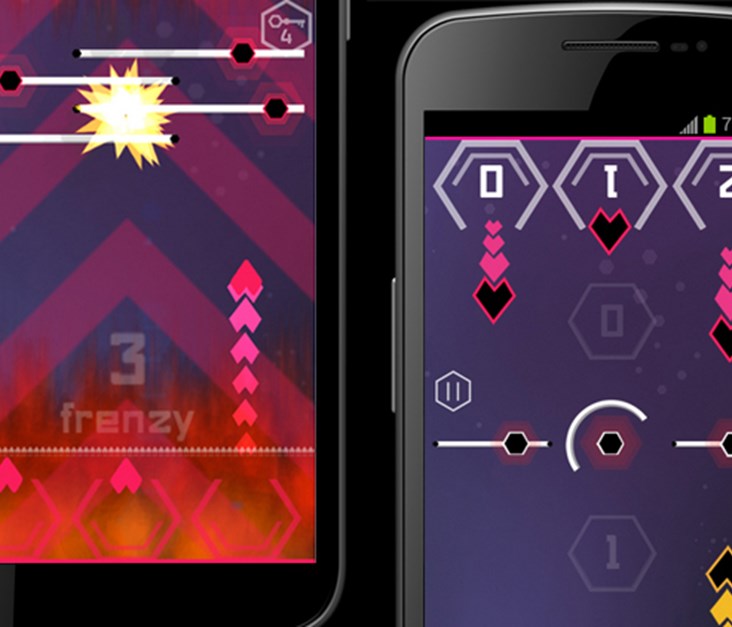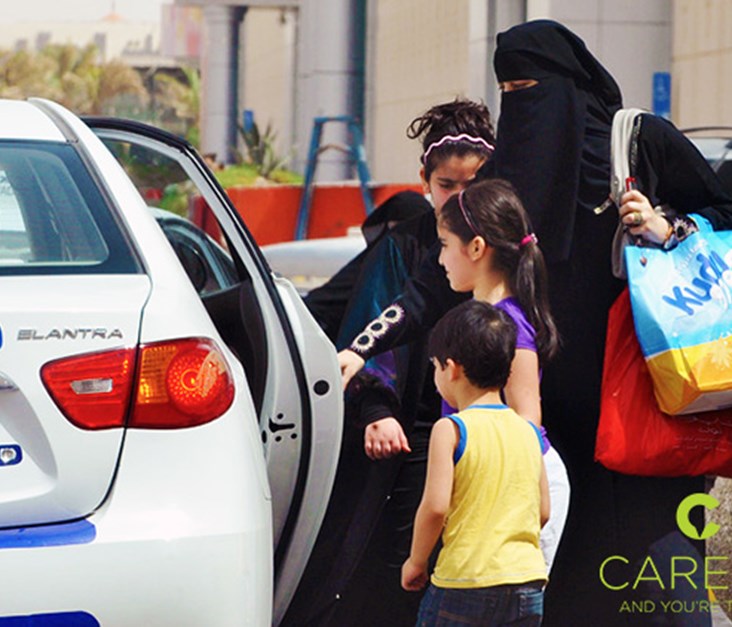
Tarteel is a social app that allows users recite passages of the Holy Quran and have licensed scholars and Sheikhs to review their posts. They then teach them to better apply the principles of proper recitation, though some accents may vary in different Arabic countries, but the essential rules remain the same. This is a social experiment to let people talk to one another and help each other learn , and so far it’s strictly focused on recitations.
Consequently, posts are made up of voice messages, and are responded to by other voice messages and text comments for corrections and guidelines. Users can create their profile page with their own picture, posts, achievements, followers, likes, similarly to many other social media platforms.
Tarteel pay the scholars on a monthly basis, and have regular expenses such as servers and other operational costs. The app is available for free on iOS, Android, and Samsung Store.
Business Development & Marketing Manager Ibrahim Osta told ArabNet:
“We’re a small firm, and it’s difficult to get exposure, we spent 8k$ to get the exposure needed for our app to become available and within reach of many individuals. We want to reach millions of Muslims, which the majority of aren’t even in the Middle East and North Africa. Arabic countries account for 12 to 13% of the entire Muslim population. As we expand we’ll need Sheikhs and funding to reach other regions in the world.”
Many Muslims don’t know Arabic at all, yet they have to learn the Holy Quran in Arabic because this is the norm; however the interpretations can be done in English, French, Malaysian, Korean, Chinese, Russian, etc… Tarteel doesn’t deal with interpretations though, which has different schools of religion. They aim to make their app accessible to all different languages with an audience that would like to improve their recitation of the Quran. So far the app has reached over 100,000 app downloads, with around 500 daily users on an average of 6 to 7 minutes per day. For starters, it’s a healthy engagement rate which will undoubtedly prove meaningful to many Muslims around the world, and it shows much potential.
The app was first released for testing purposes on December 16th 2014 - which allowed the team to take care of all major bugs. Osta told us to expect another update by next Ramadan that will include a bunch of new languages, as well as a hash tag system to help in search, and a search page to discover new users and recitations.
Latest Business
Intelligence Report














